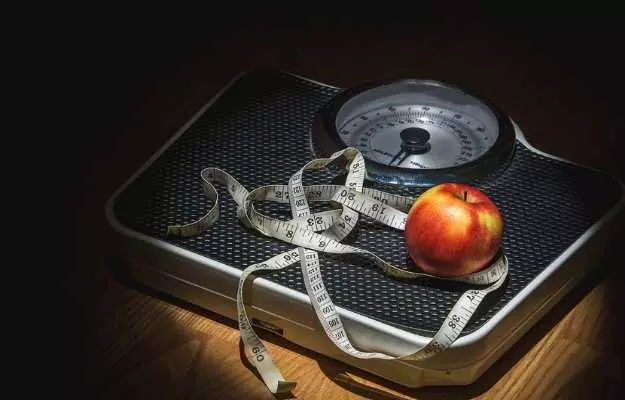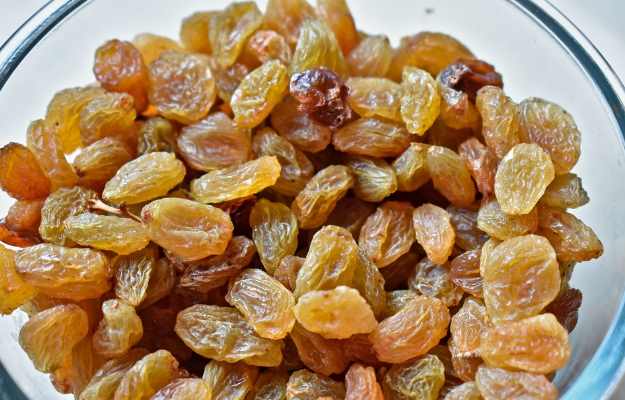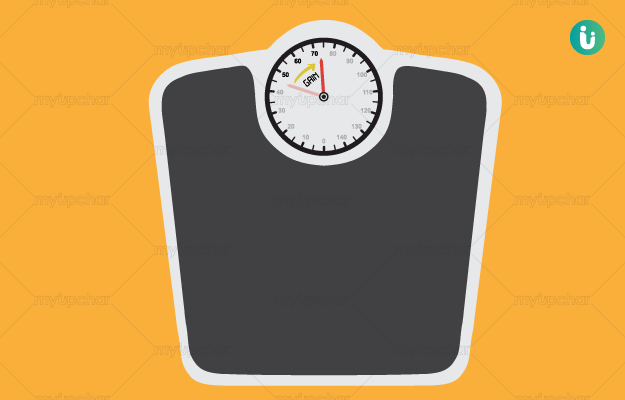Weight issues are one of the most common concerns of every person in the modern world. Whether it is about being underweight or shedding those extra pounds, the loop is never-ending. Being overweight and/or obese is frowned upon since it paves a way for a myriad of diseases including diabetes and high cholesterol. However, being underweight has its own side effects, which include but is not limited to weak immunity, deficiency of certain nutrients like calcium and iron, osteoporosis and fertility issues. Therefore it is imperative that you maintain a healthy weight.
A good balance of exercise and a balanced diet can be the key to all your weight issues.
Generally, weight gain is considered way easier than losing weight. After all, all you have to do is increase your calories and eat more. Right? Well, yes and no. Eating a lot or binging on healthy food would certainly increase your calorie count but it would not assist you in gaining weight miraculously. In fact, there is a strong possibility that you might end up being skinny fat which is just as bad as being obese. Research suggests that skinny fat people have the same visceral structure as that of obese people and are at equally high risk of developing all the obesity-related disorders.
In this article, you’ll get to know what foods you can opt to gain healthy weight and stay fit and what exactly you should avoid if you want to keep from being skinny fat.


























